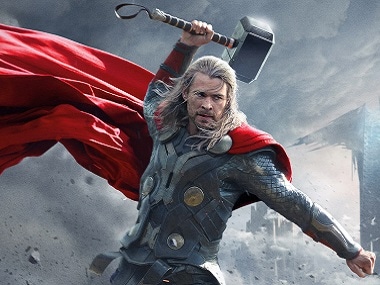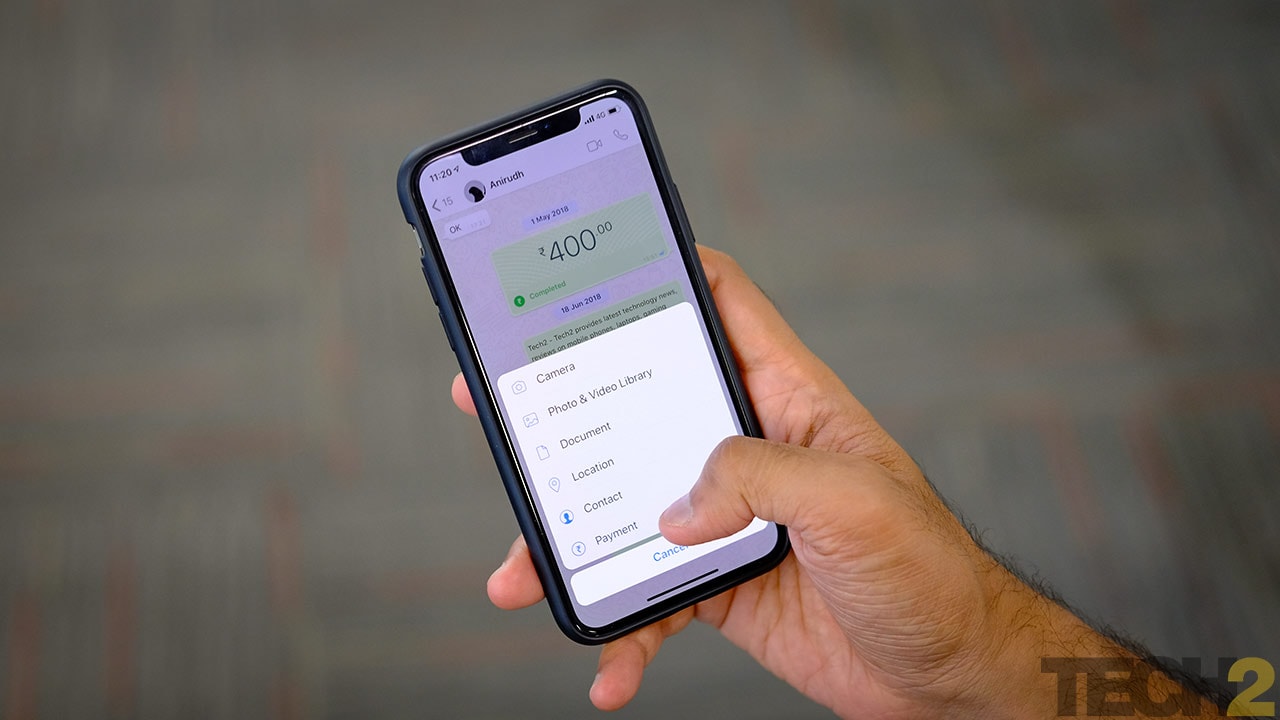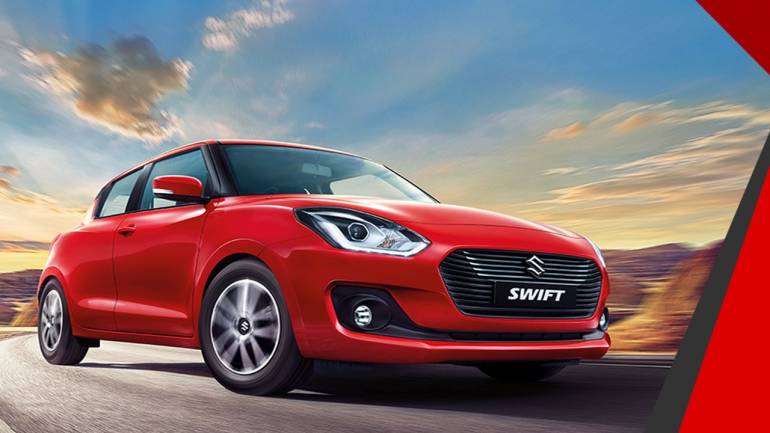Though enquiries for diesel models are struggling to convert into actual sales, dealers stand to miss out on the higher margin offered
Maruti Suzuki's decision to phase out its diesel vehicles by April 2020 has taken its dealer community by surprise. Most dealers now fear a consumer shift to rival brands.
On April 25, the passenger car market leader announced a gradual withdrawal of diesel cars by 2020 owing to continued reduction in demand for them over the years.
Dealers claim the company kept them in the dark about its diesel plans. Diesel models account for nearly a fourth of its total sales. Maruti’s dealership size of 2,400 is more than double that of its nearest rivals such as Hyundai Motor Company and Tata Motors.
Though few inquiries for diesel models were getting converted to actual sales, dealers stand to miss out on the higher margin offered on diesel models that come at a significant premium to their petrol counterparts.
“Maruti launched a 1.5 litre diesel engine that was developed in-house. We never expected the company to come out with such a dramatic decision. Nevertheless, sales of diesel models had been on a decline and their phasing out won't impact business too much. But we stand to lose the extra margin we earn on them,” said a dealer based out of south India.
Dealers earn an average margin of 2.5-3.5 percent on each car sold. Since diesels are priced Rs 1 lakh higher than petrol models, the margin earned on them are also higher.
While Maruti has decided to discontinue its diesel offerings on smaller cars such as Swift and Ignis, which are primarily powered by the 1.3 litre Fiat-developed engine, the company would continue with a bigger 1.5 litre diesel engine that was launched with the Ciaz sedan in March.
“Diesel engines are required for bigger and heavier cars such as sedans and sports utility vehicles,” the dealer added.
Personal and commercial vehiclesAnother prominent Maruti Suzuki dealer said the 23 percent share of diesel cars is further split into commercial and personal.“Commercial buyers make up half of the demand for diesel cars who use them under aggregators such as Ola and Uber. The personal buyer for diesel cars is only 10-11 percent of the whole pie. So, it is not a loss-making proposition considering that demand from commercial users has been declining,” said another dealer.
Two years ago, Maruti discontinued the diesel variant of the Celerio hatchback due to poor sales. That engine was developed indigenously by the company and was the smallest diesel engine in India on a passenger vehicle.
“Bharat Stage-VI will push up cost of a diesel Dzire to Rs 11.5 lakh from around Rs 8 lakh at present. I doubt there will be customers who would be ready to pay an additional Rs 3.5 lakh for the car,” the second dealer added.
With a complete pullout, dealers are also bracing up for loss in market share as consumers are expected to shift to rival models from Tata Motors, Honda Cars India, Mahindra & Mahindra and Hyundai.
Maruti has begun introducing BS-VI ready models into the market but on smaller scale. This is done to gauge consumer interest in BS-VI technology.

































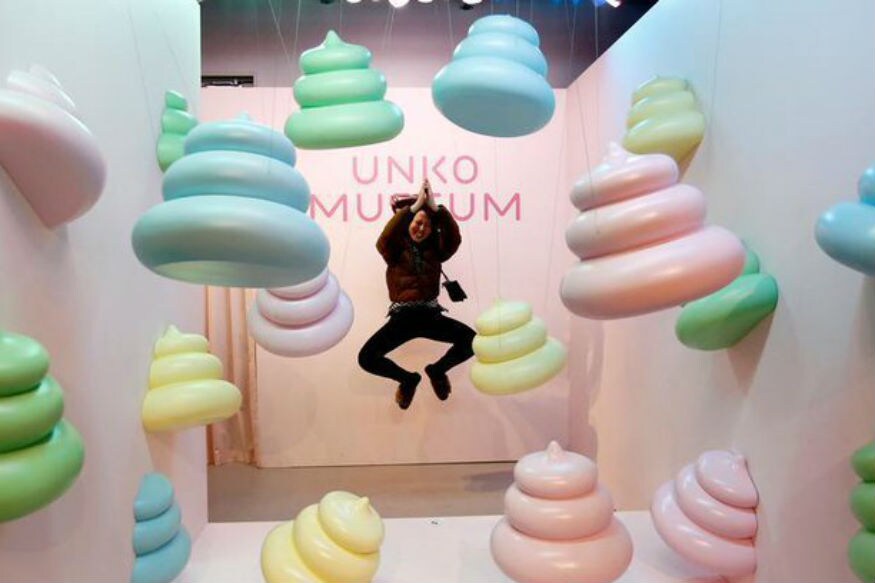
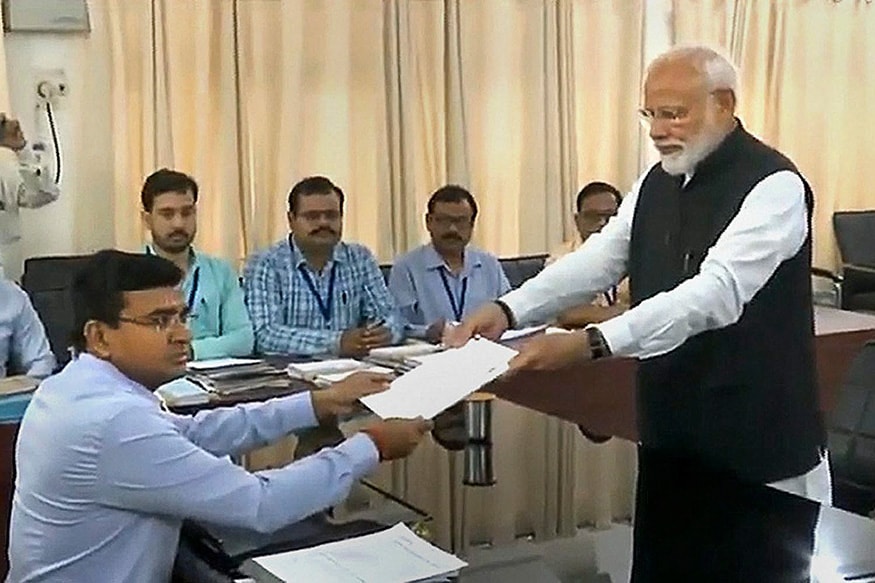
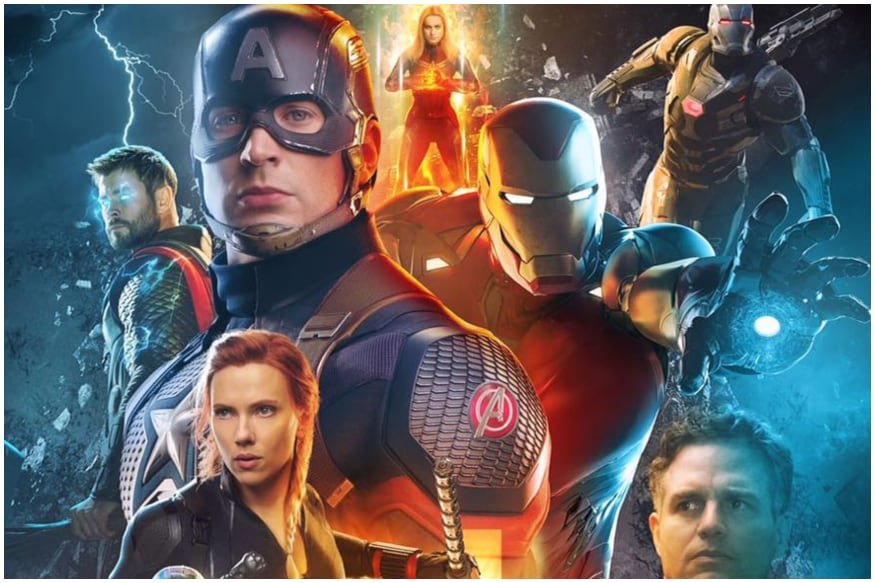



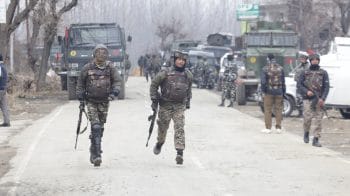


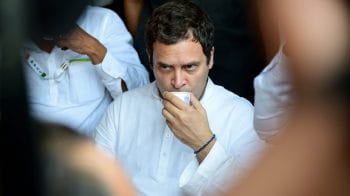

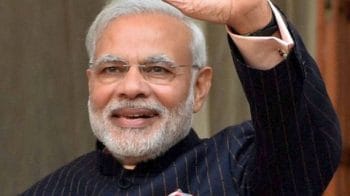
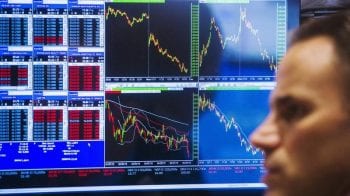

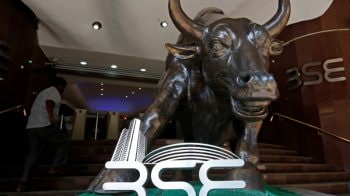

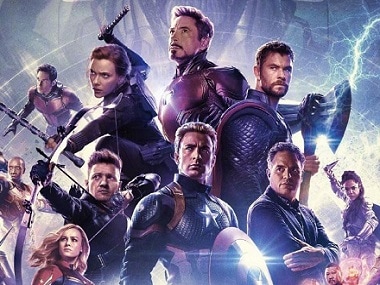

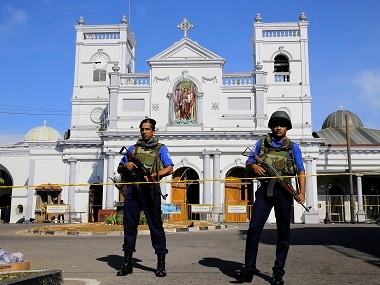
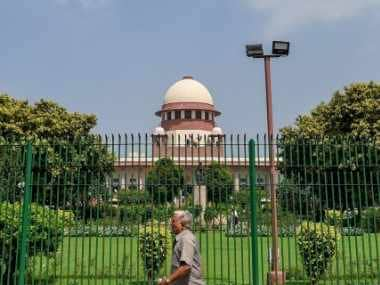
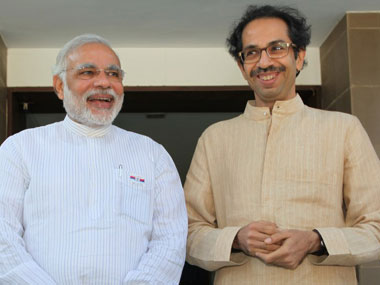
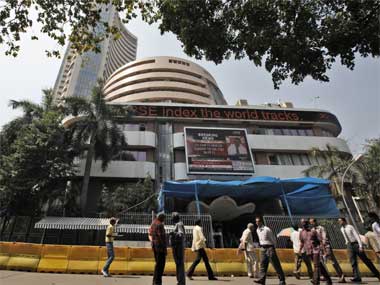
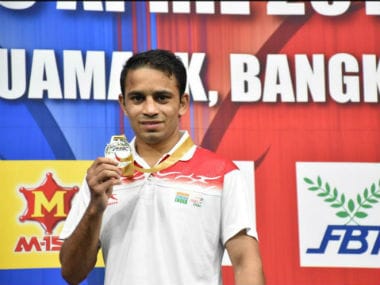
.jpg)
